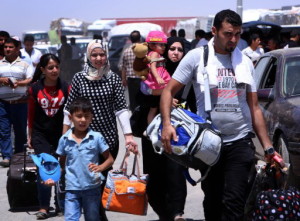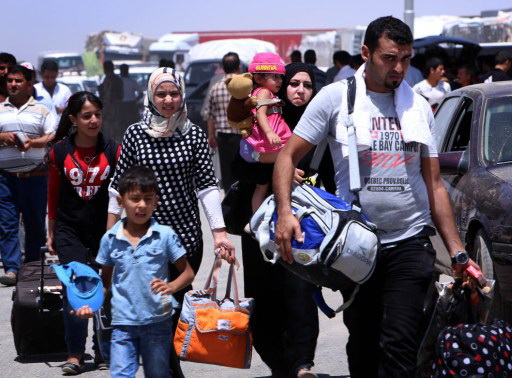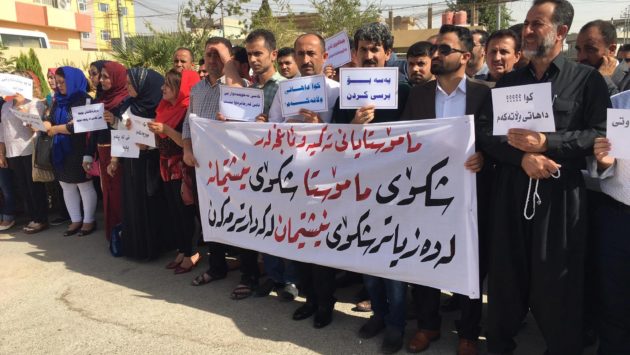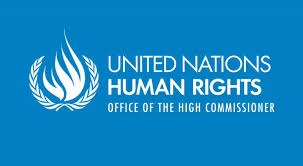Mosul, Kirkuk ,Salahuddin and Diyala: Protecting Civilians and Providing Relief to Displaced Families Must Come First!
With Mosul, areas of Salahuddin and Kirkuk out of Iraqi government control, the situation for civilians there and in Iraq as a whole is increasingly dangerous. Moment by moment, the media/news agencies are busy gathering news of what has happened and continues to happen in northern Iraq, and with each report, anxiety grows.

The Iraqi Civil Society Solidarity Initiative declares its great concern for the fate of civilians and displaced families in cities beyond the control of the central government. In this critical moment it calls on the Iraqi government and armed groups involved in the conflict in northern Iraq to adhere to international humanitarian law, specifically in providing protection to civilians and their property, as well as to aid workers, ambulances, and civic organizations that seek to help civilians and reduce their suffering. The protection of civilians, hospitals, schools and basic services, as well as sites that house refugees and displaced persons, is a binding legal and humanitarian responsibility for everyone — violating it might bring later accusations of war crimes and crimes against humanity. We stress the need for everyone to recognize the neutrality of Iraqi and international aid workers. Their work is to help all civilians, professionally and without discrimination.
We also call on the authorities of the Kurdistan Region to abide by their stated political commitments to support displaced people, and to act on them immediately, allowing families and civilians to cross into safe areas within the region, and to provide them with the necessary relief. We also ask them to provide needed facilities to aid organizations and civic organizations. We call upon the UN and the international community to support regional authorities and organizations working there to provide the urgent aid required to deal with the humanitarian crisis.
We also call on local and central governments, along with the Kurdistan Regional Government to take seriously their responsibilities to protect civilians and their property in accordance with established law, the Iraqi constitution, and international laws related to armed conflict and human rights. The can be no rush to collective punitive measures like bombing cities and places where civilians may be harmed. The priority now is to protect civilians, and to review the factors which led to the deterioration of political stability which has resulted in the current security crisis, and to prevent it from spreading to other safe cities.
We also call on the politicians elected by the Iraqi people to leave their conflicts aside and direct their full attention to the selection of a national Iraqi government that is able to unite Iraqis without discrimination or bias. This government must work to build peace with the active involvement of local communities, and to establish an open and public dialogue in which everyone has a voice. The government must adopt a policy of continuous dialogue, and it must reject war as a solution to its political and economic problems. The claim that war can end violence and unrest, that guns can solve problems, is based on a lie — using violence to combat violence can yield no lasting peace, provide no enduring security, as the experiences of Mosul and before it, Fallujah, well attest. Iraqis, Kurds, Arabs — all people in the region — are able, given a stable political atmosphere, to protect their cities and their country. Any international or U.S military intervention will only increase and reinforce the negative effects Iraq has suffered over the past decade.
Rome, June 2014




